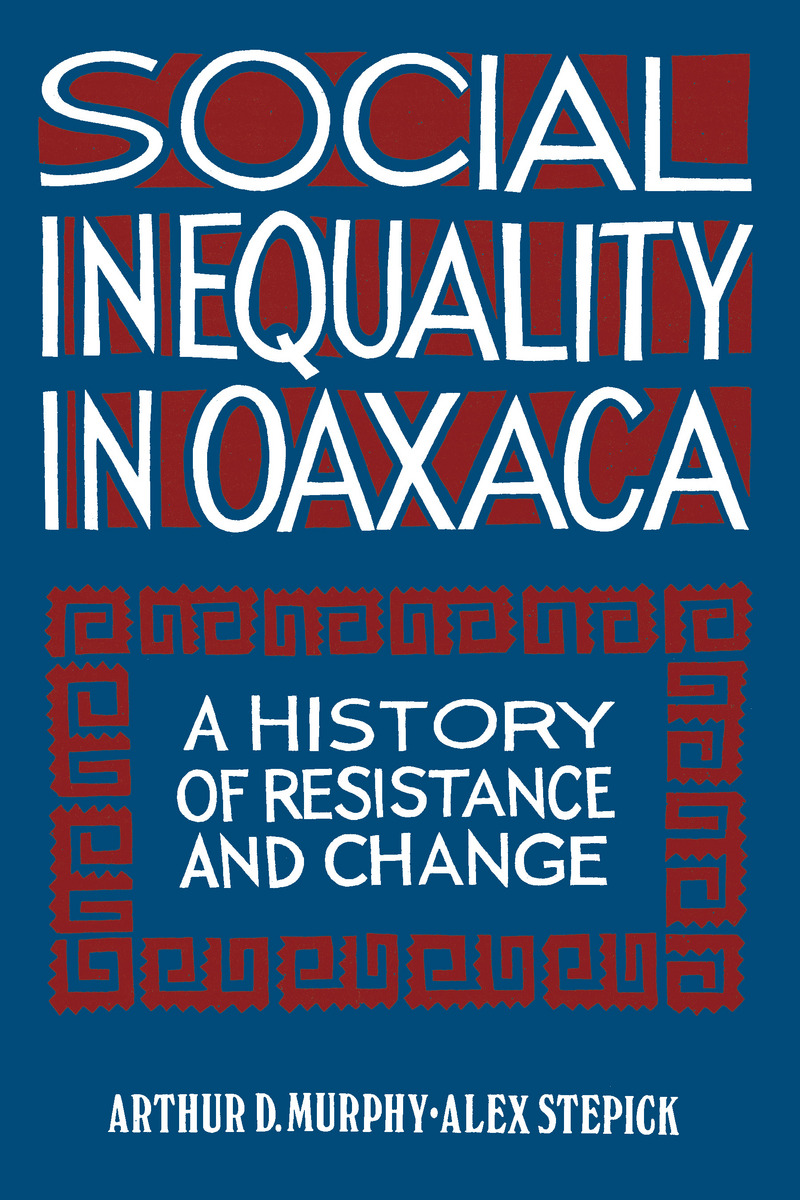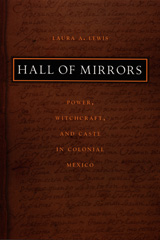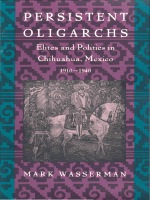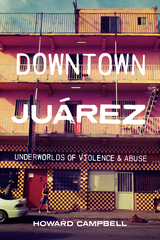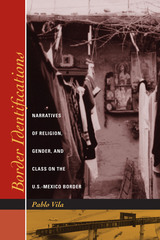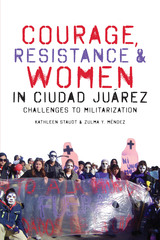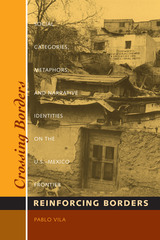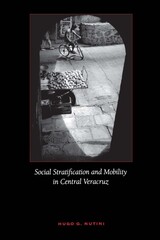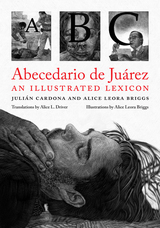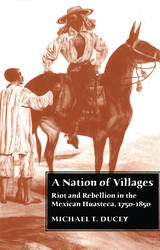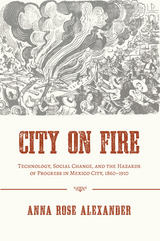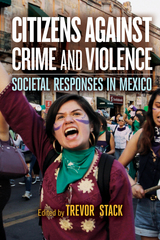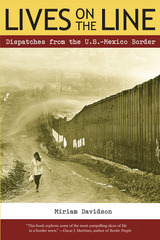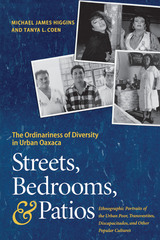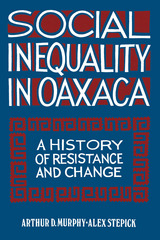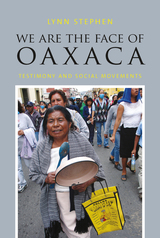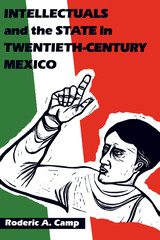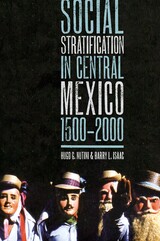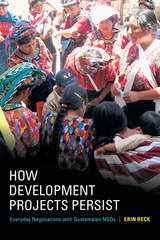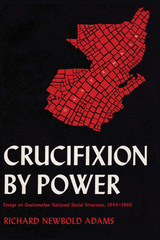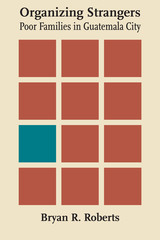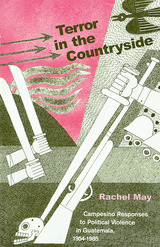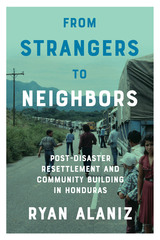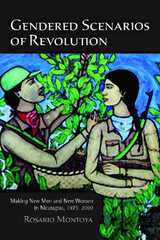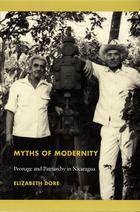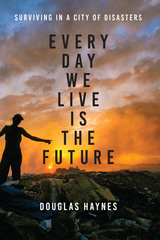Social Inequality in Oaxaca: A History of Resistance and Change
Temple University Press, 1991
Cloth: 978-0-87722-868-4 | Paper: 978-0-87722-869-1
Library of Congress Classification HN120.O29M87 1991
Dewey Decimal Classification 305.5097274
Cloth: 978-0-87722-868-4 | Paper: 978-0-87722-869-1
Library of Congress Classification HN120.O29M87 1991
Dewey Decimal Classification 305.5097274
ABOUT THIS BOOK | AUTHOR BIOGRAPHY | REVIEWS | REQUEST ACCESSIBLE FILE
ABOUT THIS BOOK
"Anthropologists Murphy and Stepick trace urbanization in the capital city of the state of Oaxaca for more than 2,000 years. Their study represents a micro perspective that describes the colonias populares, the poor neighborhoods, and the struggles of Oaxacans to survive and improve life in marginal communities.... The book is well organized, with excellent annotated footnotes and a reading list."
--Choice
This may be the only book that analyzes the urbanization of one area from its origins more than two thousand years ago to the present. Arthur Murphy and Alex Stepick examine Oaxaca, Mexico, where they have been doing research regularly for the last twenty years. Paying particular attention to neighborhoods, families, and economic activities, they focus on issues of poverty and inequality.
Oaxaca is a city marked by socioeconomic inequality that has felt the alternating trends of integration into and isolation from the broader world. It is a city in which tens of thousands of households resolutely try to adapt, to survive and pass on something of themselves to their children. With rich ethnographic material and historical research, Murphy and Stepick describe gender roles, the dynamic nature of households, the importance of compadrazgo (co-godparenthood) as a social institution, class-based political struggles and strikes, and the role of children in redeeming their parents from poverty.
Individual life histories emerge from their research, each representing diverse class, familial, and economic structures within Oaxacan society.
"Murphy and Stepick catch Oaxaca at a special time in its history. When the illustrious works of theory in the academic disciplines have faded, when Foucault is a footnote and deconstruction derided, books like this one will still be valuable. A portrait of a city during the most difficult period of its country's recent economic history."
--Henry A. Selby (from the Foreword)
--Choice
This may be the only book that analyzes the urbanization of one area from its origins more than two thousand years ago to the present. Arthur Murphy and Alex Stepick examine Oaxaca, Mexico, where they have been doing research regularly for the last twenty years. Paying particular attention to neighborhoods, families, and economic activities, they focus on issues of poverty and inequality.
Oaxaca is a city marked by socioeconomic inequality that has felt the alternating trends of integration into and isolation from the broader world. It is a city in which tens of thousands of households resolutely try to adapt, to survive and pass on something of themselves to their children. With rich ethnographic material and historical research, Murphy and Stepick describe gender roles, the dynamic nature of households, the importance of compadrazgo (co-godparenthood) as a social institution, class-based political struggles and strikes, and the role of children in redeeming their parents from poverty.
Individual life histories emerge from their research, each representing diverse class, familial, and economic structures within Oaxacan society.
"Murphy and Stepick catch Oaxaca at a special time in its history. When the illustrious works of theory in the academic disciplines have faded, when Foucault is a footnote and deconstruction derided, books like this one will still be valuable. A portrait of a city during the most difficult period of its country's recent economic history."
--Henry A. Selby (from the Foreword)
See other books on: Change | Community development | Neighborhoods | Resistance | Social classes
See other titles from Temple University Press
